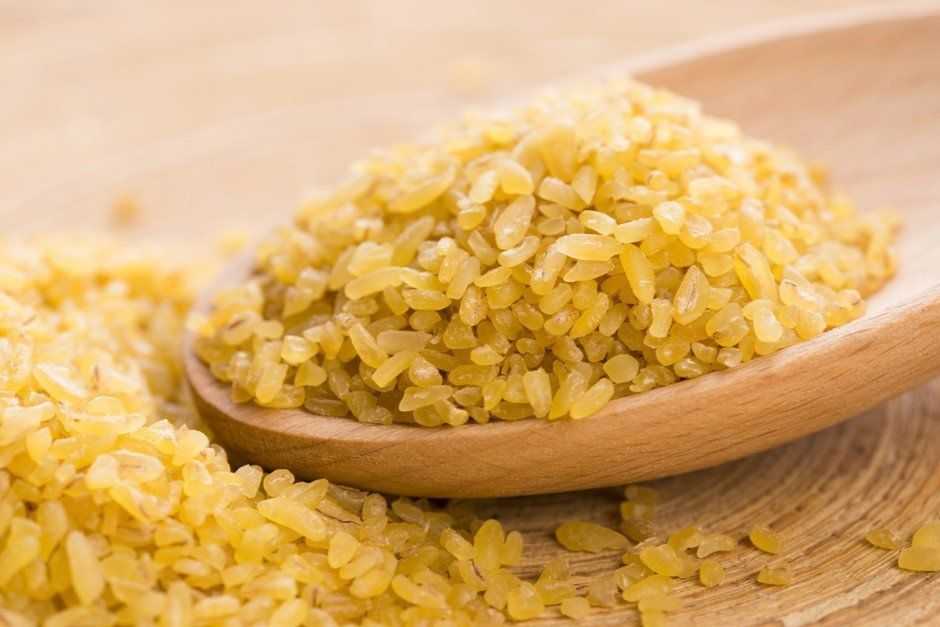Benefits of Bulgur a healthy alternative to rice

Unveiling the merits of Bulgur – an ancient grain hailed since the times of Egyptian civilizations – today, we delve into how this superfood has been garnering attention as a wholesome alternative to traditional staples like rice and pasta.
First, let’s dissect what bulgur is. Bulgur is the final product of a meticulous process involving boiling, grinding, and removing the bran from wheat grains. This whole grain’s versatility lies in its variable granulation. Fine bulgur is a favorite in dishes like kibbeh and tabbouleh, while the medium-sized variant serves as a staple in the grain industry. The coarser bulgur becomes a compelling substitute for rice.
Famous for its inclusion in beloved meals such as kibbeh and tabbouleh, bulgur is revered as a complex carbohydrate and a whole-grain powerhouse. Health experts often vouch for bulgur as a part of a balanced diet, particularly for vegetarians, given its high protein content.
Let’s explore the health benefits that this ancient grain brings to the table.
1- Bolsters Digestive Health:
Thanks to its high fiber content, bulgur promotes smooth digestion, eases bowel movements, and aids in waste disposal. Incorporating bulgur into your diet can help prevent common gastrointestinal issues such as constipation, diarrhea, and bloating.
2- Aids in Weight Management:
Packed with protein and dietary fiber, bulgur imparts a feeling of fullness, curbs overeating, and eliminates the need for large food portions. By substituting traditional carbohydrates with bulgur, you can facilitate weight loss without compromising on nutritional needs.
3- Regulates Blood Sugar Levels:
The dietary fiber in whole grains like bulgur can help manage blood sugar levels by regulating insulin and aiding in weight control.
4- Cancer Prevention Potential:
Bulgur brims with powerful antioxidants to combat free radicals and thwart cell damage. Its ferulic acid content also potentially helps neutralize carcinogens in the body, reducing cancer risk.
5- Supports Pregnant Women’s Health:
With its high nutritional profile, including elements like potassium, zinc, iron, and manganese, bulgur benefits both pregnant women and their developing fetuses. Its folic acid content protects the fetus from congenital deformities and miscarriages and bolsters the immune system to prevent anemia. Moreover, the fiber in bulgur helps manage pregnancy-induced digestive issues such as constipation.
6- Treats Anemia:
Bulgur’s rich content of folic acid and pantothenic acid strengthens the body’s immunity, enhances blood circulation, and combats anemia, making it a valuable source of hemoglobin.
7- Promotes Heart Health:
Minerals like potassium, manganese, calcium, and sodium found in bulgur help regulate blood pressure and promote arterial health.
In a nutshell, bulgur, with its trove of health benefits and versatile use, stands out as an excellent addition to a nutrition-conscious diet. Whether you’re seeking to shed pounds, regulate blood sugar, or simply maintain a balanced diet, consider incorporating this ancient grain into your meals.


